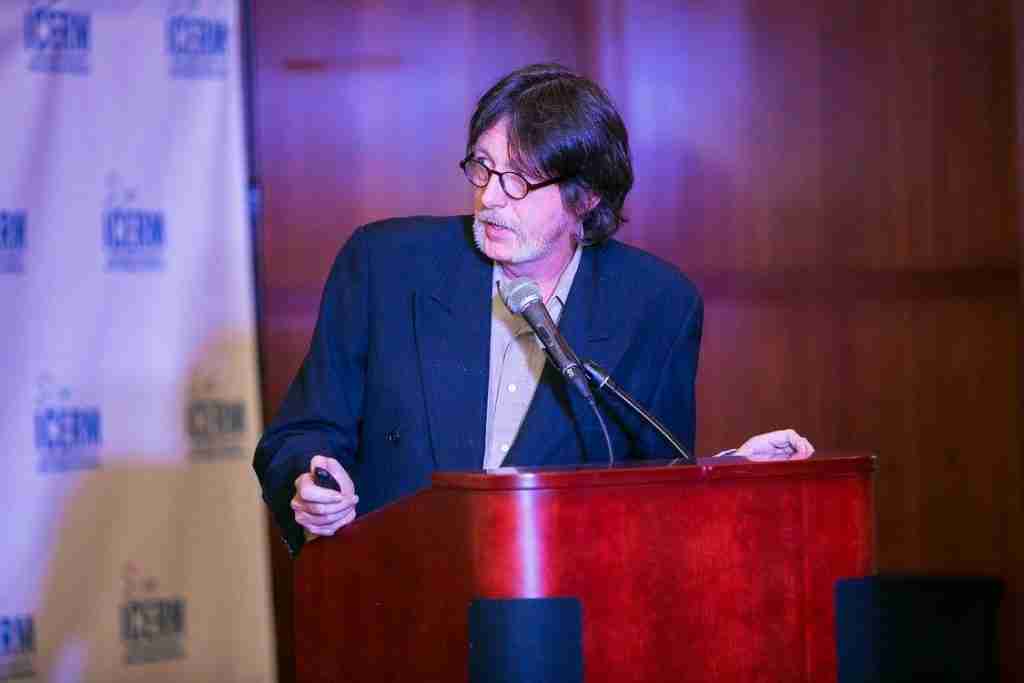Nigeria-Biafra War and the Politics of Oblivion: Implications of Revealing the Hidden Narratives through Transformative Learning
Abstract:
Ignited by the secession of Biafra from Nigeria on May 30, 1967, the Nigeria-Biafra War (1967- 1970) with an estimated death toll of 3 million was followed by decades of silence and a ban of history education. However, the advent of democracy in 1999 catalyzed the return of repressed memories to public consciousness accompanied by renewed agitation for the secession of Biafra from Nigeria. The purpose of this study was to investigate whether a transformative learning of the Nigeria-Biafra War history will have a significant effect on conflict management styles of Nigerian citizens of Biafran origin regarding ongoing agitation for secession. Drawing on theories of knowledge, memory, forgetting, history, and transformative learning, and employing ex post facto research design, 320 participants were randomly selected from the Igbo ethnic group in the southeastern states of Nigeria to participate in transformative learning activities that focused on the Nigeria-Biafra War as well as complete both the Transformative Learning Survey (TLS) and Thomas-Kilmann Conflict Mode Instrument (TKI). Data collected were analyzed using descriptive analysis and inferential statistical tests. The results indicated that as transformative learning of the Nigeria-Biafra War history increased, collaboration also increased, while aggression decreased. From these findings, two effects emerged: transformative learning acted as a booster of collaboration and a reducer of aggression. This new understanding of transformative learning could help in conceptualizing a theory of transformative history education within the broader field of conflict resolution. The study therefore recommends that transformative learning of the Nigeria-Biafra War history should be implemented in Nigerian schools.
Read or download full doctoral dissertation:
Date of Award: 2022
Document Type: Dissertation
Degree Name: Doctor of Philosophy (PhD)
University: Nova Southeastern University
Department: College of Arts, Humanities and Social Sciences – Department of Conflict Resolution Studies
Advisor: Dr. Cheryl L. Duckworth
Committee Members: Dr. Elena P. Bastidas and Dr. Ismael Muvingi



